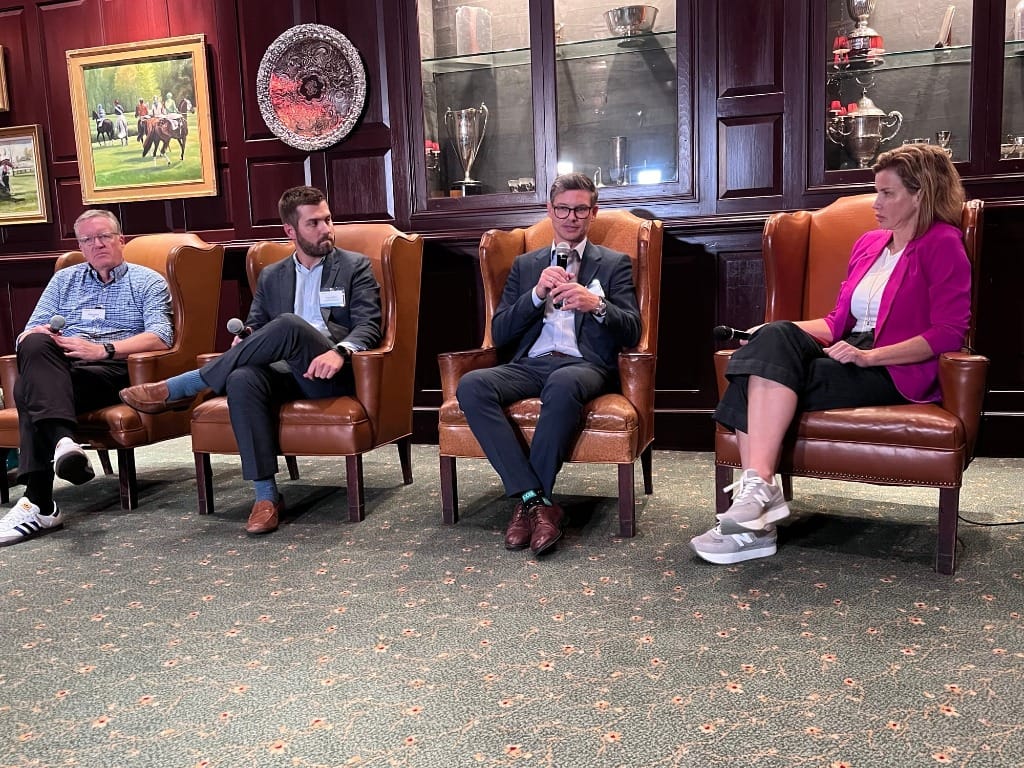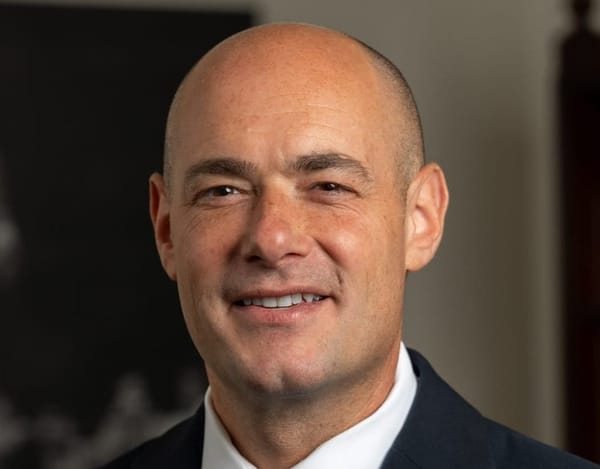Open Access Execs Offer Advice on Partnerships, Community
Officials said more choice leads to better consumer outcomes, but communication is key.
Ari Bertenthal

WASHINGTON, September 19, 2024 - A group of companies in the business of open access broadband said Thursday that increased engagement with community leaders, to address local needs, is important to facilitating open-access networks.
Video Clips (see below for full video):
Speaking at the Digital Infrastructure Investment Summit here, Meridiam Fiber CEO Scott Layman – when asked to offer advice for operating open-access networks – said it was important to “know the people who own the real estate.” The event, hosted annually by Broadband Breakfast, focuses on bringing financial service professionals involved in the business of investing, together with operators in the business of building, digital infrastructure.
Based in Washington, D.C., Meridiam Fiber specializes in the development, financing, and management of public infrastructure.
The types of real estate present in a locality can have significant effects on revenue streams for broadband operators, Layman said, particularly in an industry heavily dependent upon the take rate of subscribers.
Bonfire Infrastructure Group Business Development Director Drew Pappas, speaking on the panel with Layman and COS Systems Chief Revenue Officer Isak Finer, also emphasized the importance of local communication.
The Denver-based Bonfire is engaged in the practice of broadband planning and engineering. Sweden-based COS Systems makes software for broadband providers: It approaches open access networks as an online marketplace, and provides ISPs with the tools to facilitate a competitive consumer marketplace.
In the United States, the ownership of and the operations of a broadband network are generally one and the same. Under the open access model, by contrast, the network owner can differ from multiple internet companies offering services on the network. The ISPs are often, but not always, unaffiliated with the owner of the open infrastructure.
In the context of private investment, Layman described fiber connections as a “long-term investment [for communities].”
The panel’s exchanges were punctuated by questions from moderator Kim McKinley, chief marketing officer for UTOPIA Fiber, the largest open access network operating in the U.S.
McKinley asked the panelists of their view of some of the pitfalls involved in developing an open-access network.
Partnering with bad or shady ISPs can cast doubt on the network as a whole. ISPs and infrastructure providers must both engage deeply with the community to build relationships of trust.
Finer said, “There are a lot of things that you can do wrong, but find partners that have actually done it.”








Member discussion